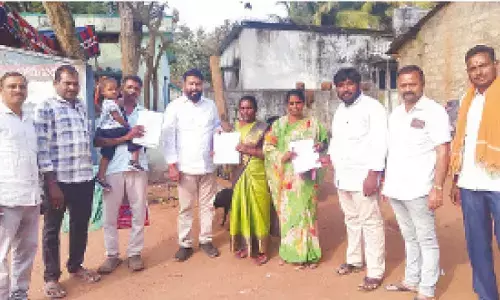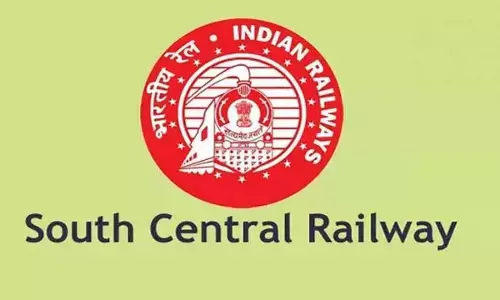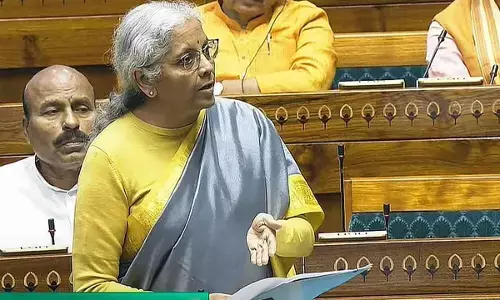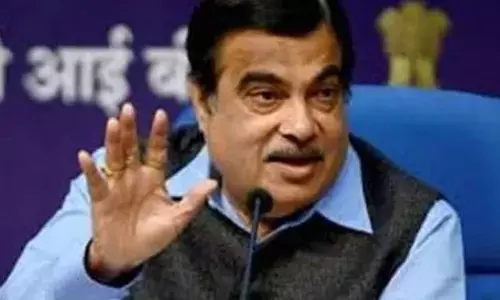Shardiya Navratri Fast 2023: What to Eat for a Healthy and Fulfilling Fast
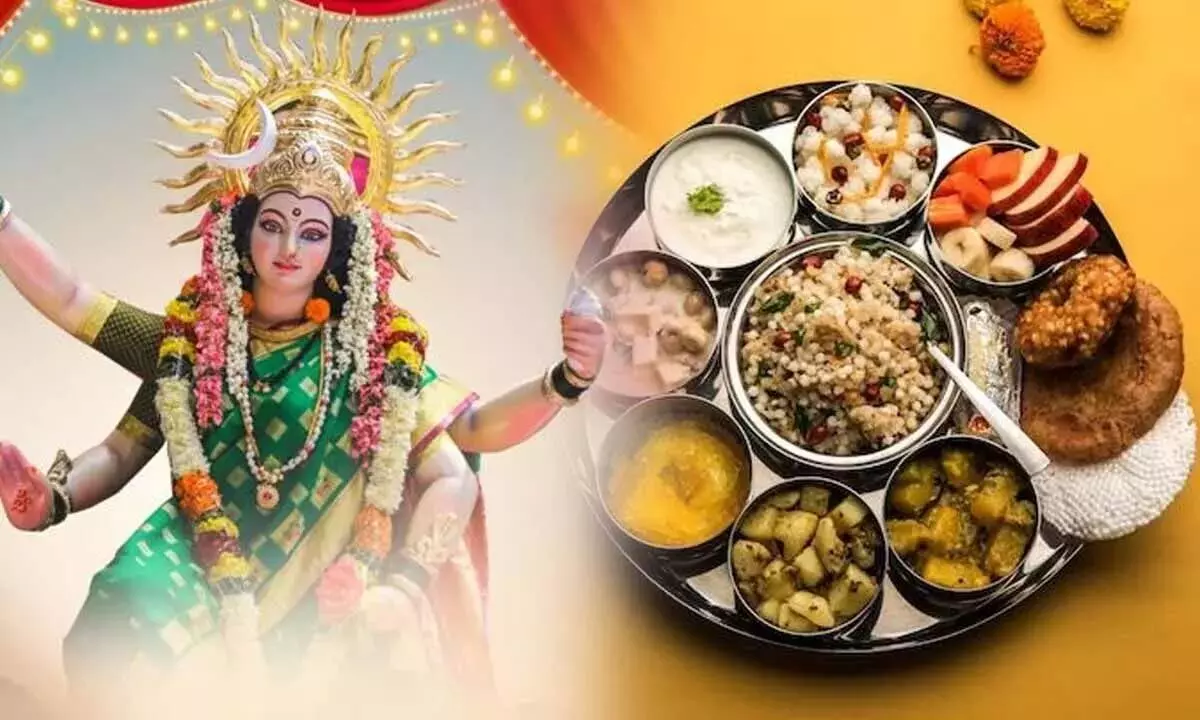
Navratri is a 9-day Hindu festival dedicated to the worship of the goddess Durga
Navratri is a 9-day Hindu festival dedicated to the worship of the goddess Durga. It is celebrated with much enthusiasm and devotion across India and by the Hindu community worldwide. One of the essential aspects of Navratri is fasting which is not just a dietary practice, it holds immense spiritual and cultural significance. Devotees observe these fasts to purify their minds and bodies, enhance their self-discipline, and draw closer to the divine.
The fasts are believed to help in cleansing one's inner self, increase devotion, and seek blessings from the goddess Durga. During the fast, devotees abstain from consuming certain foods. By choosing the right foods during Navratri, individuals can maintain their energy levels while staying in line with the traditions and customs of this auspicious festival. Check out what to eat and what to avoid during Navratri fasting.
Navratri Fast: What to Eat
1. Buckwheat (Kuttu)Buckwheat flour is a popular choice for Navratri fasting. It is versatile and can be used to make various dishes like puris, parathas, and pancakes. Buckwheat is rich in essential nutrients, including protein and fiber, making it an excellent choice for sustained energy during fasting.
2. Amaranth (Rajgira) Amaranth seeds and flour are another staple during Navratri fasting. They are high in protein, fiber, and essential amino acids. Amaranth can be used to make chapatis, porridge, and even sweets like laddoos.
3. Potatoes Potatoes are widely consumed during Navratri fasting, often used to make dishes like aloo ki sabzi (potato curry) and vrat ke aloo (spiced potatoes). They are a good source of energy and essential nutrients.
4. Sago (Sabudana) Sabudana pearls are a popular fasting ingredient. Sabudana khichdi and sabudana vada are common dishes made during Navratri. They are easily digestible and provide a quick source of energy.
5. Fruits and Nuts Fresh fruits and nuts like almonds, cashews, and walnuts are suitable for snacking during Navratri fasting. They provide essential nutrients and keep you energized throughout the day.
6. Dairy ProductsDairy products like milk, yogurt, and paneer (cottage cheese) are allowed during Navratri fasting. They are excellent sources of calcium and protein.
Navratri Fast: What to Avoid
1. Grains Grains such as wheat, rice, and oats are strictly avoided during Navratri fasting.
2. LegumesLentils and legumes like chickpeas and kidney beans are not consumed during this time.
3. Non-vegetarian FoodMeat, fish, and eggs are not part of Navratri fasting.
4. Onions and GarlicMany people also avoid onions and garlic during Navratri fasting due to their pungent flavour.
5. Processed Foods Packaged and processed foods should be avoided as they often contain ingredients that are not permissible during fasting.
6. Alcohol and CaffeineAlcohol and caffeinated beverages are off-limits during Navratri fasting.









